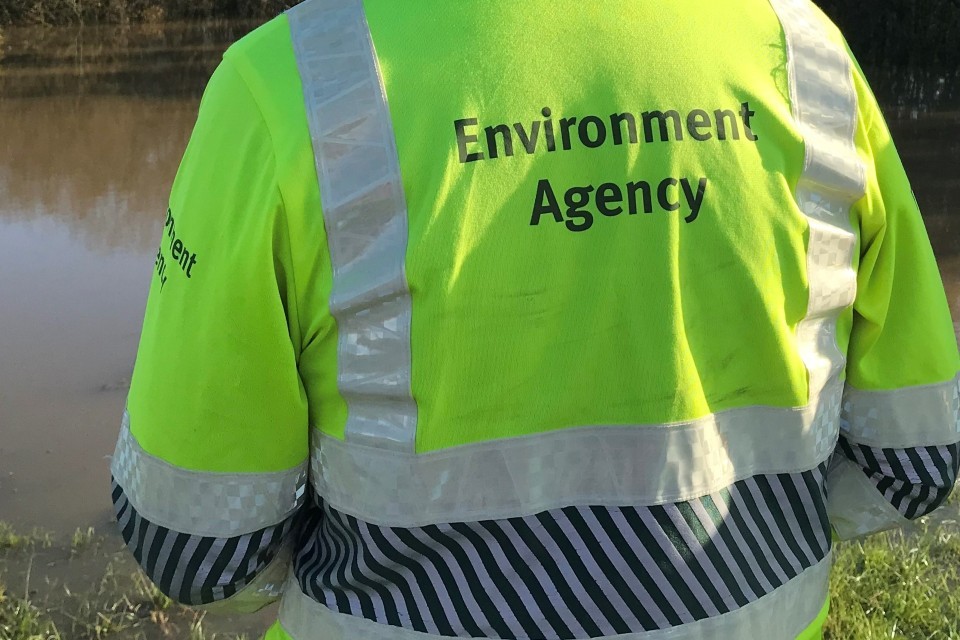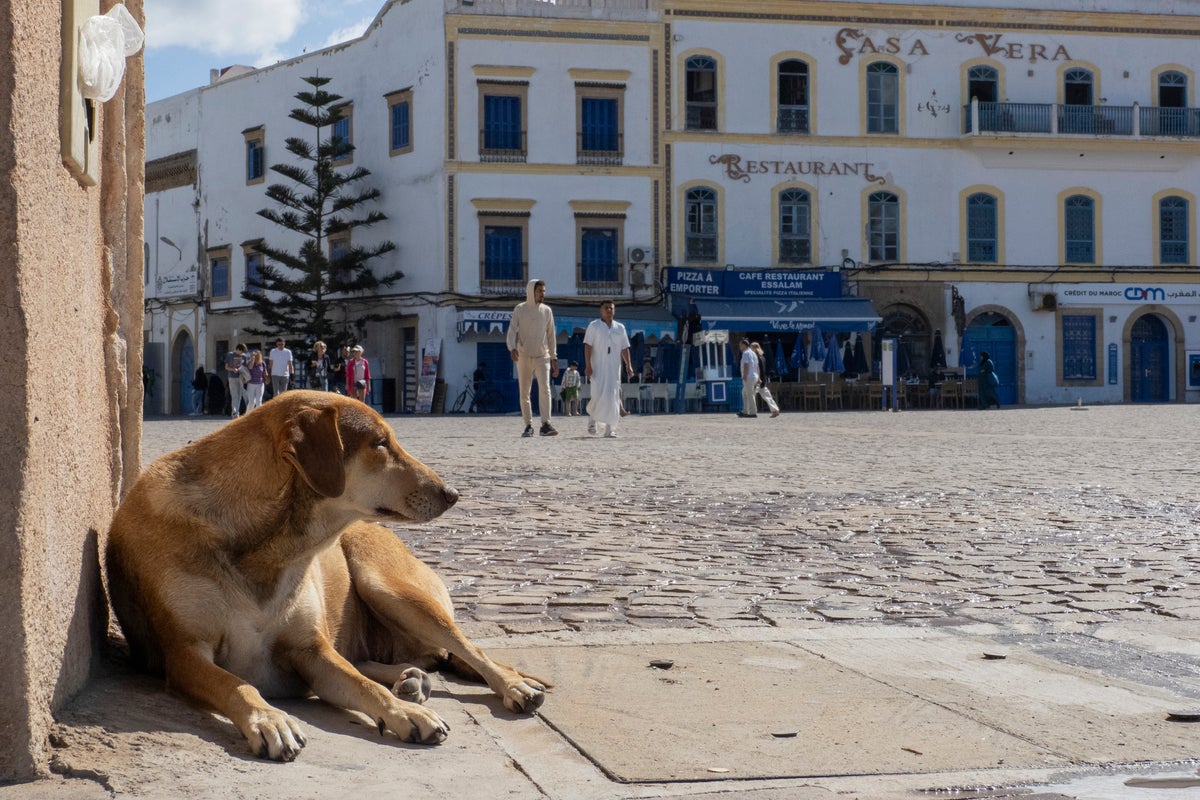Call me incredibly naïve, but I rather hoped rabies had gone the way of white dog poo – you simply don’t hear about it any more. Other than in bats, it has been eradicated from the UK for more than a century.
Yet, as the sad death of Yorkshirewoman Yvonne Ford showed this week, that doesn’t mean that the risk is gone. Mrs Ford fell ill a fortnight ago, yet it transpired that she had contracted rabies in February after contact with a stray dog in Morocco.
The UK Health Security Agency has said it can take as little as a few days or as long as 12 weeks for rabies symptoms to appear, by which point it is fatal. Even people vaccinated against it should seek immediate medical advice. But would it occur to you to do so? Mrs Ford’s daughter, writing on Facebook, said her mother had been “scratched very slightly by a puppy” and so didn’t think much of it. I’m not sure I would either.

Strays can be adorable and heartbreaking. My friends Anna and Nick have a beautiful dog that they brought home from Greece years ago. My dog, Sybil, was found abandoned in Serbia by a foster carer for Serbia’s Forgotten Paws, a Surrey-based charity. The video of the moment they found her, tied to an unsecured chain, rolling over and anxious to please, pulls at my heart nearly five years on.
Both animals were vaccinated and quarantined before coming to the UK. Even so, the mental image I have of rabies is so out of date that it’s from a school viewing of the black-and-white film adaptation of To Kill a Mockingbird. I would assume it would be obvious that there would be someone standing just out of shot going, “Gosh, look at that rabid dog!” before Atticus Finch shoots it with his rifle and a handler makes it fall over.
Deaths from rabies are rare, but common enough to show that we should be vigilant. Seven Britons have died of rabies contracted overseas since 2000: the last in 2018, also from Morocco, that time from a cat bite.
Having owned a particularly violent cat for several years (may she rest in peace), I have been bitten many times. Cat bites are no joke and even in the UK can require antibiotics. When I visited Marrakech in January on a singing holiday with Rhapsody Retreats, I greeted every one of the cats that lived in the medina with crooning – and a wide berth. I filled up my camera roll with pictures of cats sleeping on motorbikes.
I don’t approach animals on holiday, partly because I cry with mortifying ease and partly because I want to adopt them all. But should an animal approach me – well, I feel one step from being a Disney princess blessed by singing bluebirds. I think of it as kismet. And I have absolutely no knowledge of what signs to look out for in a rabid animal. Even on previous trips to India and Thailand, I’ve been far more concerned by the prospect of fleas.
Awareness is something that Mrs Ford’s daughter Robyn Thomson also signalled in her tribute to her mother. She urged well-wishers to treat even the smallest scratch, to vaccinate their pets, and make sure that their friends and family know.
The World Health Organisation rates western Europe as low risk for rabies, eastern Europe as moderate and African and Middle Eastern countries as high risk. It shouldn’t require another death for us all to be aware and careful when on holiday. The alternative is too devastating for words.



